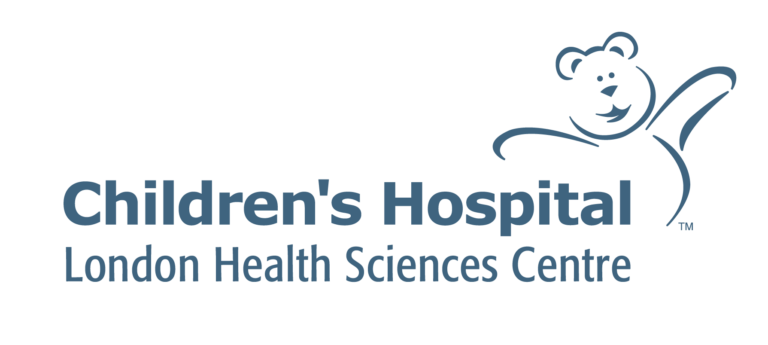As the mother of a daughter with multiple disabilities who needs around-the-clock care, Andrea believes families like hers have been left behind as Ontario emerges from the pandemic.
Her 13-year-old daughter, Bella, was diagnosed with global developmental delay, along with autism spectrum disorder and Pitt-Hopkins Syndrome—a rare genetic condition that impacts Bella’s intellectual development.
Bella loves joining her active family for activities including biking and jogging with the use of adapted equipment. She also requires one-on-one care and intensive behavioural intervention to learn certain life skills, such as how to drink from a glass, eat with a spoon, dress herself, or walk up and down the stairs.
Bella has been coming to Holland Bloorview Kids Rehabilitation Hospital since she was six-years-old. A specialized Rett’s clinic at the hospital provides a comprehensive approach to her health—doctors connect Bella with other departments and clinics, from dentistry to physical therapy.
But the pandemic delayed, or cancelled, many of the important services that Bella relies on, such as annual checkups or getting fitted for orthotics and a specialized car seat she needs for travel. Bella also required reconstructive dental surgery at SickKids Hospital after a fall, but that operation was cancelled because of the pandemic. These delays and cancellation have also been experienced by thousands of children across Ontario.
As a result, Andrea says families of children with disabilities have been left to fend for themselves in a fragmented system that doesn’t always understand the individual needs of children whose disabilities are varied and complex. Political leaders should “take the time to get to know us, take the time to talk to us and to know that we are part of the community that they are leading,” she says. “We would love to be seen as an asset. A lot of the times were looked at as a negative, that we’re a burden on the healthcare system.”
Although things are opening up across the province, there are still delays in accessing services. Many routine appointments remain online-only, such as mental health visits or appointments with doctors who treat Bella’s back for scoliosis. These virtual visits are extremely challenging given that Bella is non-verbal and uses an iPad to communicate. “When we’re virtual, it’s really hard for the doctor on the other end of the screen to be able to diagnose her, give us feedback, be able to connect with her physically and also emotionally,” Andrea says.
Andrea says parents need more organizations, partnerships and community-based programs that provide timely, integrated and holistic care. She’d also like to see policymakers find ways to meet the social, emotional, mental and physical needs of children with disabilities who have been significantly affected by pandemic-related delays and closures.
Mostly, she says, Ontario needs a system “to ensure that families like ours aren’t cut adrift when politicians are in a position to make decisions about how to support the disabled community. It would be great to be able to have a voice in it and for us to be able to share what type of supports we need.”







